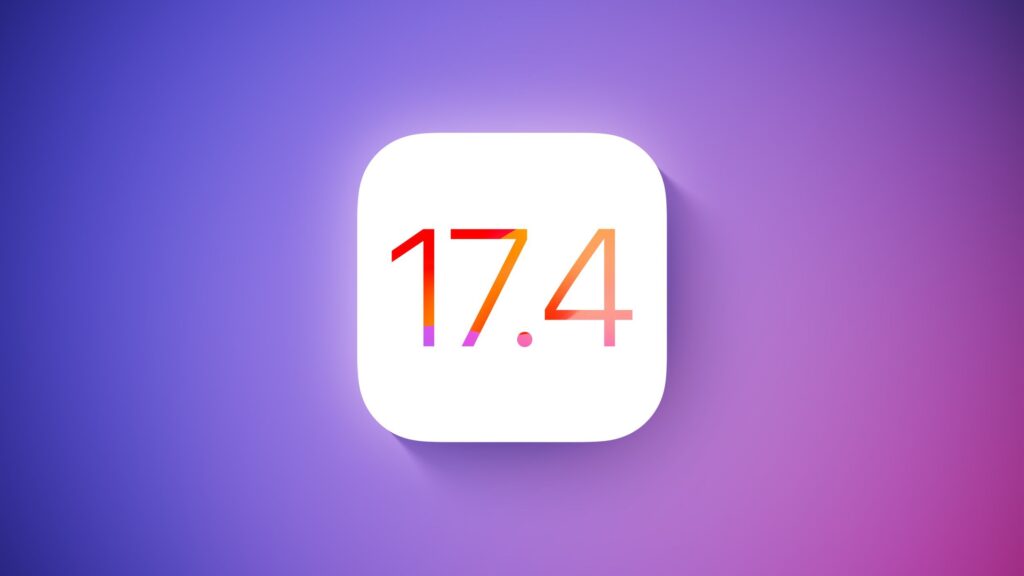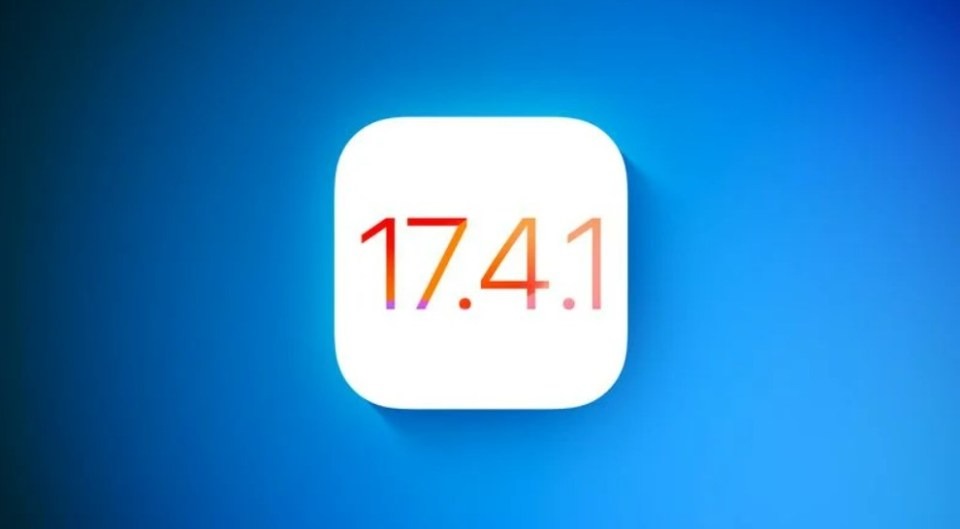Apple has issued a critical software update, iOS 17.4.1, targeting all iPhone users to promptly safeguard against recently identified security vulnerabilities. This update serves as an essential protective measure, addressing potential avenues for unauthorized access and data breaches.
Unpacking the Security Risks
The iOS 17.4.1 update is designed to rectify two significant security flaws that pose substantial risks to user privacy and device integrity:
- iMessage Vulnerability: A loophole was discovered in the handling of specific iMessage attachments. Exploiting this flaw, attackers could potentially access a treasure trove of personal information, including photos, audio recordings, and precise location details.
- WebKit Flaw: Another critical issue was identified within WebKit, the engine powering Safari and other web services on iOS devices. This flaw could allow malevolent actors to execute harmful code on your device by merely visiting an infected website.
Given the severity of these vulnerabilities, Apple’s prompt issuance of the 17.4.1 update underscores the importance of immediate user action to secure devices.

The Importance of Staying Updated
In the digital age, cybersecurity threats are a moving target, with attackers constantly devising new strategies to exploit software weaknesses. Regular software updates are a primary defense, patching vulnerabilities and fortifying devices against such threats.
How to Secure Your iPhone with the Latest Update
Ensuring your device’s security through this latest update is straightforward:
- Backup Your Data: Before initiating any significant update, securing your personal data with a backup is prudent.
- Navigate to Update Settings: On your iPhone, go to Settings > General > Software Update.
- Download and Install: If iOS 17.4.1 is available, you’ll be prompted with details and an option to “Download and Install.” Follow the instructions to complete the process.
The update process may necessitate a device restart. Upon completion, your iPhone will be equipped with the latest security enhancements to combat the outlined vulnerabilities.
Beyond the Update: Best Practices for iPhone Security
To further bolster your iPhone’s security posture, consider adopting these additional safeguards:
- Exercise Caution with Attachments: Be wary of opening attachments, especially from unverified sources.
- Avoid Suspicious Websites: Exercise discretion when browsing, steering clear of sites with a reputation for hosting malicious content.
- Activate Two-Factor Authentication: Enhancing your login security with two-factor authentication adds an additional verification step, significantly mitigating unauthorized access risks.
With cyber threats continuously evolving, proactive measures—such as timely software updates and adherence to security best practices—remain vital in protecting personal information and device functionality. iPhone users are strongly advised to prioritize the installation of iOS 17.4.1 and remain vigilant against potential cybersecurity threats.










Add Comment